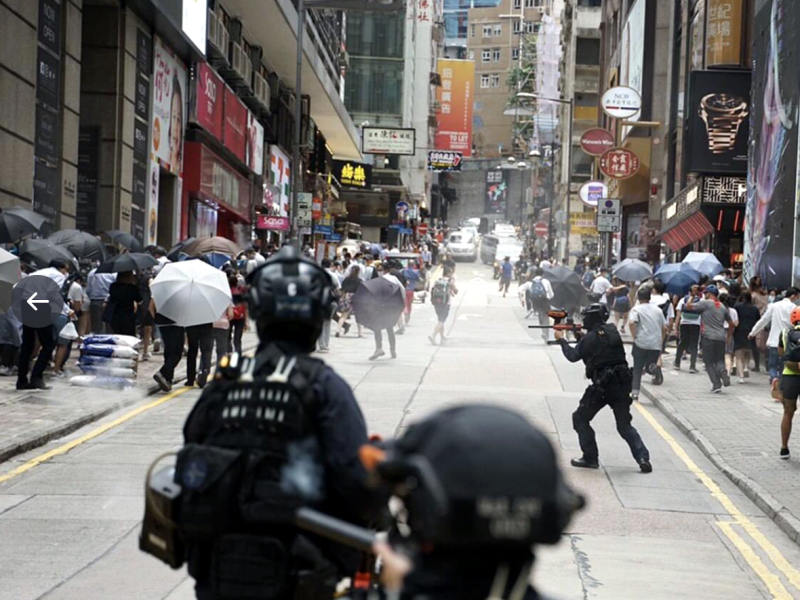
China's decisions on a new national security law in Hong Kong sparked further international criticism on Thursday with the democratic governments like the U.K., U.S., Australia, and Canada expressing "deep concern" over Hong Kong's future.
Lawmaker Tanya Chan, a Legislative Councillor representing Hong Kong said, "This has been the clearest marker that we are now in a 'one country, one system' model that we have seen in the entire 23 years since the handover."
"The proposed law...raises the prospect of prosecution in Hong Kong for political crimes, and undermines existing commitments to protect the rights of Hong Kong people," said the statement, which was signed by British foreign secretary Dominic Raab, Australian foreign minister Marise Payne, Canadian foreign minister Francois-Philippe Champagne, and U.S. Secretary of State Mike Pompeo.
President Trump said the U.S. will be ending its relationship with the World Health Organization and revoking the special status it has granted Hong Kong, in an escalation of tensions with China.
Meanwhile, Britain promised to grant greater visa rights to British national overseas (BNO) passport holders from Hong Kong unless China suspended the proposed law.
Foreign minister Dominic Raab told BBC, "In relation to BNO passport holders, as you know currently they only have the right to come to the UK for six months."
If China implements this national security legislation, the UK will remove the six-month limit and allow BNO passport holders to work and study for an extended 12 months which can open doors to citizenship.
Amongst the international concerns for Hong Kong, EU foreign policy chief Joseph Borrell warned to focus on China's growing assertive role.
Joseph Borrell said in a letter to the EU's 27 foreign ministers that they should focus on "China's increasing assertiveness and attempts to influence and shape global public opinion and perceptions as part of its wider geopolitical strategy."
Chan also expressed worry over a requirement of implementing a "national security education" program in schools and stricter wording to the proposed law, which will now ban "any actions or activities harming national security," whereas earlier the law only referred to "actions."
Citizens' Press Conference of Hong Kong held a survey and collected 370,000 online responses with 98.6% showing opposition to the national security law and 70% believing the law would have no effect on the tension between protestors and police.



















